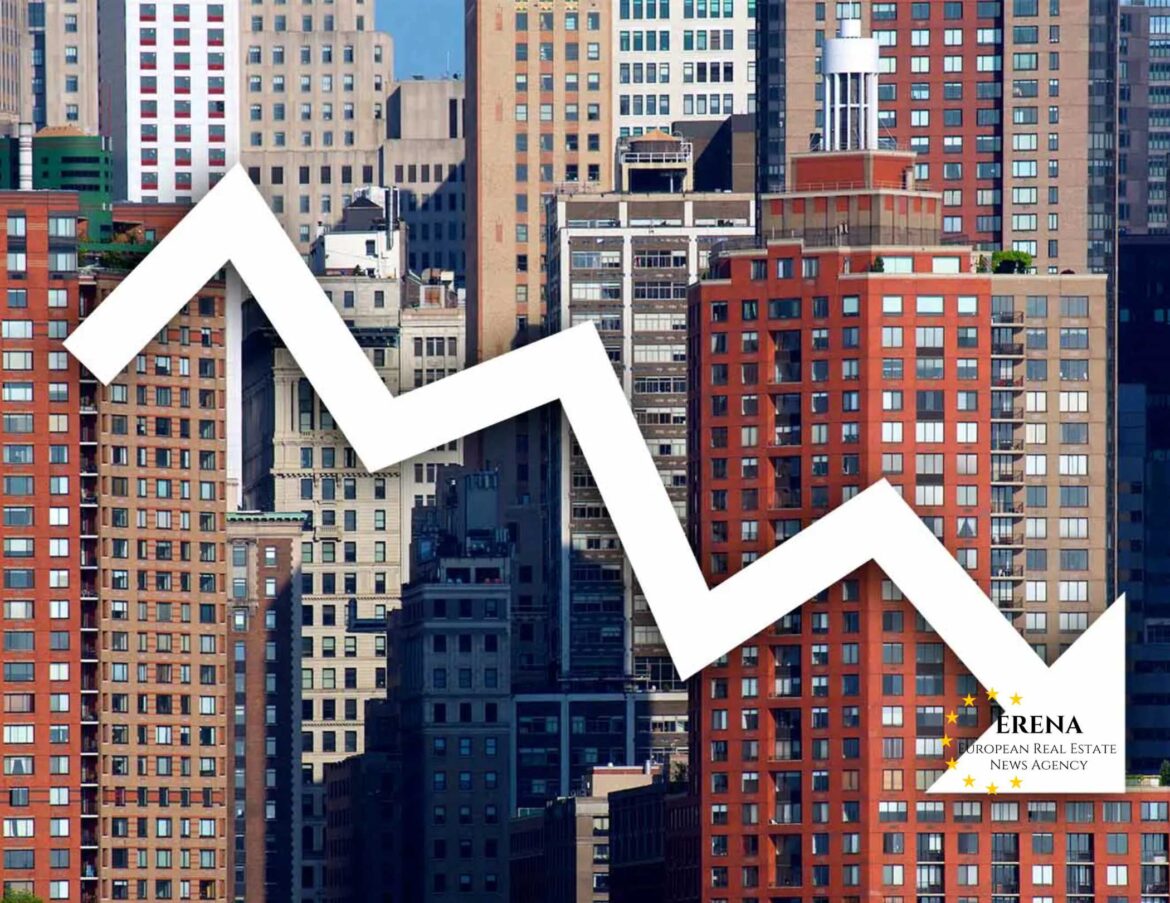Amid growing financial pressure on developers in the Indian city of Noida, regional authorities have begun taking active steps to stabilize the real estate market. Dozens of stalled projects, years-long construction delays, and mounting dissatisfaction among homebuyers have prompted the Gautam Buddh Nagar district administration to take decisive action against defaulting developers in 2025.
Scale of the Crisis
According to the Noida Authority, developer debt in the region exceeds ₹360 billion (approximately €4 billion). Most of the arrears are linked to unpaid land lease fees, delayed tax payments, and unfulfilled obligations for infrastructure development. The situation is exacerbated by the fact that many projects launched in the 2010s remain incomplete.
The most affected areas include Sectors 74–79, Sector 107, Sector 150, and Greater Noida West, where numerous residential complexes are stuck in limbo. Analysts estimate that more than 200,000 buyers have been waiting for their homes for years, many of them continuing to repay housing loans in the meantime.
Government Response
In early 2025, the Uttar Pradesh state government, in coordination with the Noida Authority and the Reserve Bank of India, developed a “recovery roadmap” to restructure developer debt and restart stalled construction. One key measure has been the enforcement of land lease cancellations for builders who have failed to fulfill obligations for over five years.
Authorities have also initiated the reallocation of troubled projects to reputable developers. Under the new scheme, land and project rights can be transferred to new builders provided they complete construction and meet all development commitments.
Additionally, the Noida Authority began publishing “blacklists” of developers who breached lease agreements, concealed project status, or failed to submit financial reports. Blacklisted firms are barred from bidding on new projects and cannot raise additional funding through official channels.
Support for Affected Buyers
To protect the rights of homebuyers, the Noida administration has strengthened its Buyer Grievance Cell, which now processes complaints on a fast-track basis. New hotlines and an online platform have been introduced to allow buyers to track construction progress, financial health of developers, and project approvals.
As part of the national effort to support the real estate sector, the Reserve Bank of India has recommended that commercial banks offer refinancing options to borrowers affected by developer defaults. This measure has helped many families avoid losing their homes due to the dual burden of rent and mortgage payments.
Market and Investor Participation
Alongside government efforts, private investment funds—including international players—have entered the picture. Firms like HDFC Capital Advisors and Brookfield are exploring the acquisition of rights to incomplete projects, with the goal of finishing construction and bringing housing units to market.
This form of partnership was made possible by new state legislation allowing investors to acquire project stakes with management participation and commitments to social responsibility. Importantly, the rights of original homebuyers are preserved in these transitions.
Current Results
As of May 2025, 28 previously stalled projects in the region have resumed construction, with another 42 in the process of being reassigned to new developers. In total, over 35,000 residential units are now actively under development again.
Meanwhile, the number of lawsuits against defaulting developers has risen, and several criminal cases involving senior executives of real estate firms have been brought to court.
Authorities report that since the beginning of the year, more than ₹13 billion (approximately €145 million) in overdue lease payments has been collected—a record figure over the past five years.
Conclusion
Noida’s real estate crisis stems from years of unmet commitments by developers and insufficient regulatory oversight. However, the initiatives launched in 2025 show that the authorities are serious about restoring transparency, accountability, and public trust in the housing sector.
If these measures are fully and consistently implemented, they have the potential not only to resolve current challenges but also to build a more resilient and sustainable development model for the region’s real estate industry.

